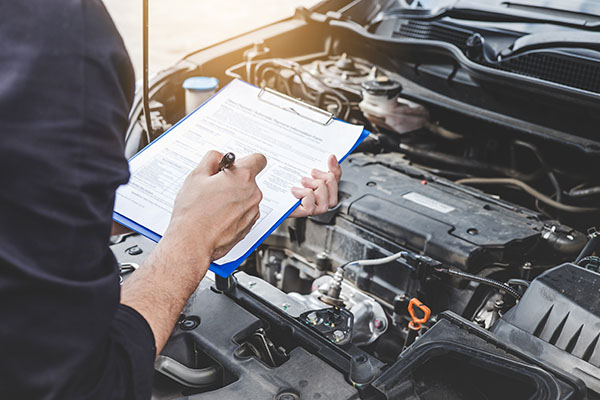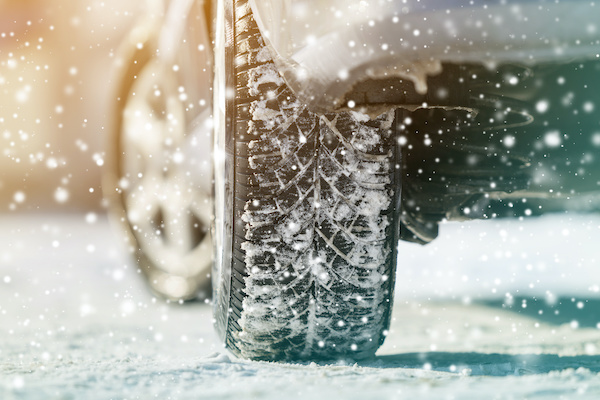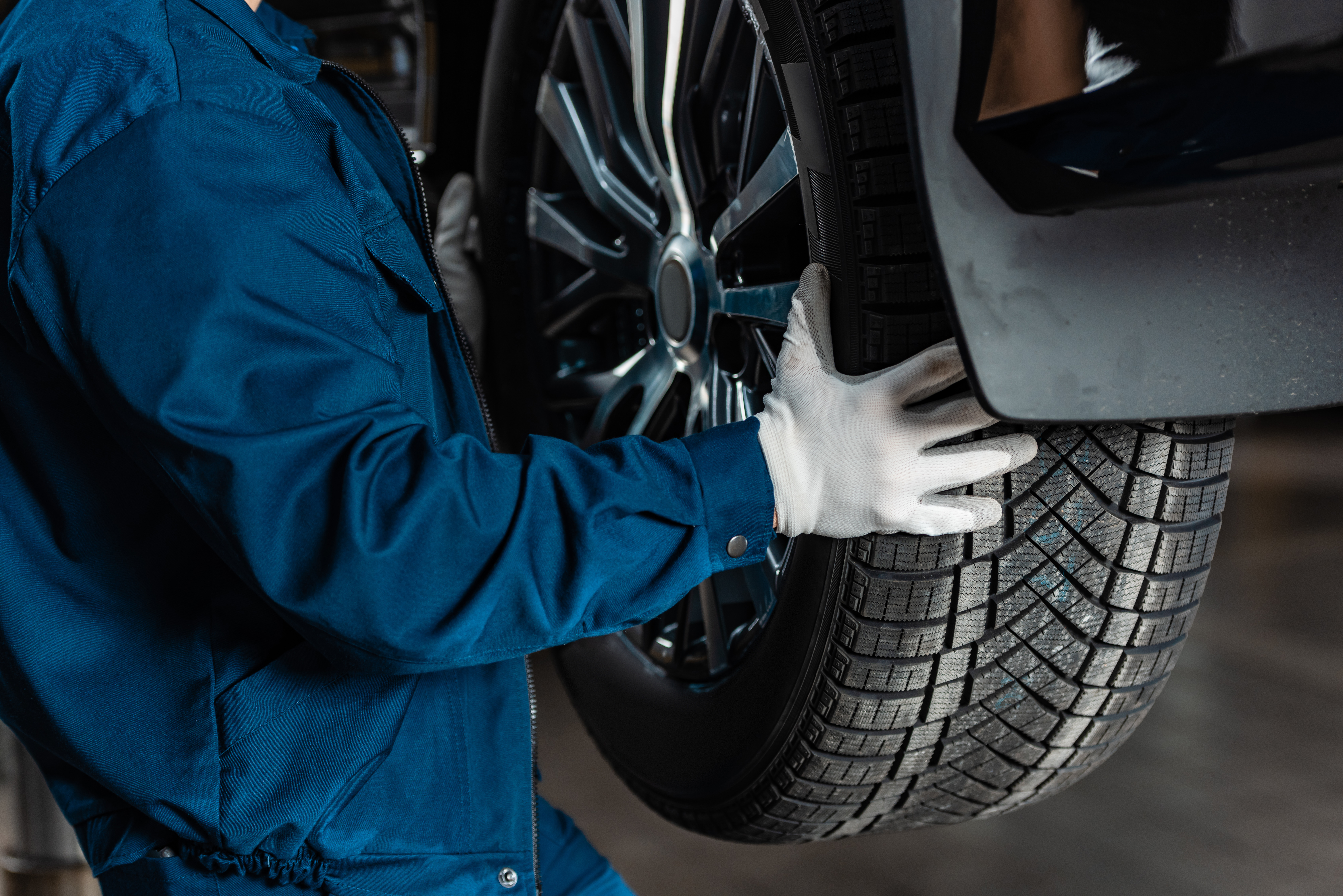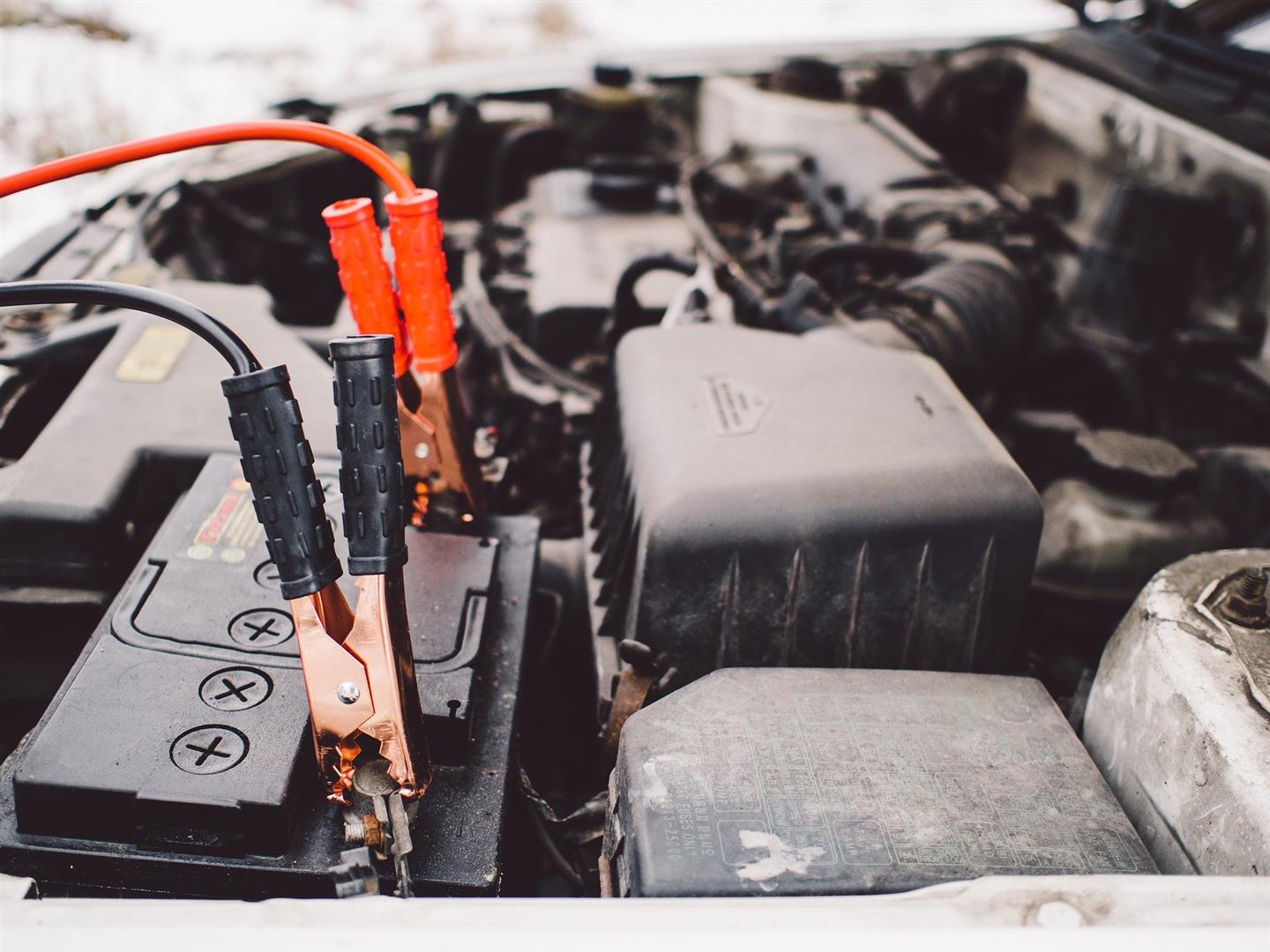Posted on 7/30/2023

As a vehicle owner, it's easy to underestimate the significance of regular maintenance visits. However, scheduling routine maintenance at specific intervals is crucial for keeping your vehicle in optimal condition and ensuring its longevity. In today's article, we will explore the importance of regular maintenance visits, highlighting the numerous benefits they provide to your vehicle's performance, safety, and overall value. Preventive Maintenance Regular maintenance visits allow for preventive care, addressing potential issues before they escalate into major problems. Professional technicians can inspect key components, identify signs of wear or damage, and perform necessary adjustments or repairs. This proactive approach helps prevent unexpected breakdowns, reduces the likelihood of costly repairs, and minimizes the chances of being stranded on the road. Enhanced Performance Routine maintenance p ... read more
Posted on 12/3/2020

The experience of driving during winter is different from all other seasons. It's tough, to say the least. The fog, icy roads, heavy snow, freezing temperatures, to mention but a few, make driving such a daunting task. However, all is not lost. You can still do something about it. This article is to help you prepare better. Driving Tips During WinterClean Your Windshield Your windshield will frequently get iced during winter. If you do not clean it, you will have a hard time driving. You will also be putting your life at risk and that of the other road users because your visibility is poor. Use an ice scrapper to clean your windshield. If you don't have it, use a credit card or something similar. You can also pour tap water on the windshield using a hosepipe to melt the ice away. Turn Your Headlights On Visibility is a big deal during winter because of the rain and fog. For a better visibility, turn on your headlight ... read more
Posted on 6/24/2020

Tires are a very important safety feature of your vehicle. They are the only thing sitting between your vehicle and the road, and a good set of tires is essential to proper control and road traction. We know that tires can be expensive, so extending the life of your tires as much as possible should be a priority. Plus, it's always a good idea to replace all four tires simultaneously. Uneven tire wear can happen over time, which is why rotating your vehicle's tire is so important. What is a tire rotation? A tire rotation is service performed which rotates your tires to different positions. For example, your front tires are moved to the back, and the back tires are moved to the front. They are also rotated from left to right. Depending on your vehicle, whether it is a front-wheel drive, all-wheel drive, or four-wheel drive, certain tires may wear down faster than others. When you have your tires rotated, your tires will be able to wear down more evenly in comparison ... read more
Posted on 5/28/2020

Summer is supposed to be a time where you are free to take a road trip or drive to your favorite place to spend time with friends or family, or hey, yourself (we don't judge)! However, summer plans can quickly be thwarted when you find yourself dealing with a car breakdown. Not only are they stressful, but they can put your safety at risk on the road. It can also be costly having to deal with towing and repairing your vehicle. So, let's take a look at some of the causes of car breakdowns and what you can do to try to prevent them from happening this summer. The summer heat can actually take a toll on our vehicles, especially when your vehicle is constantly parked in direct sunlight. It also just so happens that during the summer months, many drivers are using their vehicles much more often, which can also contribute to excessive wear and tear. Here are some of the main causes of why vehicles tend to breakdown during the summer months: Batteries B ... read more
Posted on 5/20/2020

It's first thing in the morning and you’re already late for work. You hop in your car, turn the key to start it and...nothing. The worst! You panic as you try to figure out what to do first: call someone--your boss, AAA, the Quick Lube who changed your oil two months ago... We’re instead going to turn this panic into power and armor you with knowledge that will 1. keep you calm and 2. get you back on the road as soon as possible. Your first step is to troubleshoot. And the best part is you can do this yourself. It is easier than you may think! Start here: When you turn the key in the ignition, does the engine crank (try to start)? Do the lights and radio come on? Do you hear a “clicking” noise? Or, does nothing happen at all (you might as well not even be trying here)? Can you remember the last time the battery was replaced? You may simply need a new battery. Or maybe you le ... read more